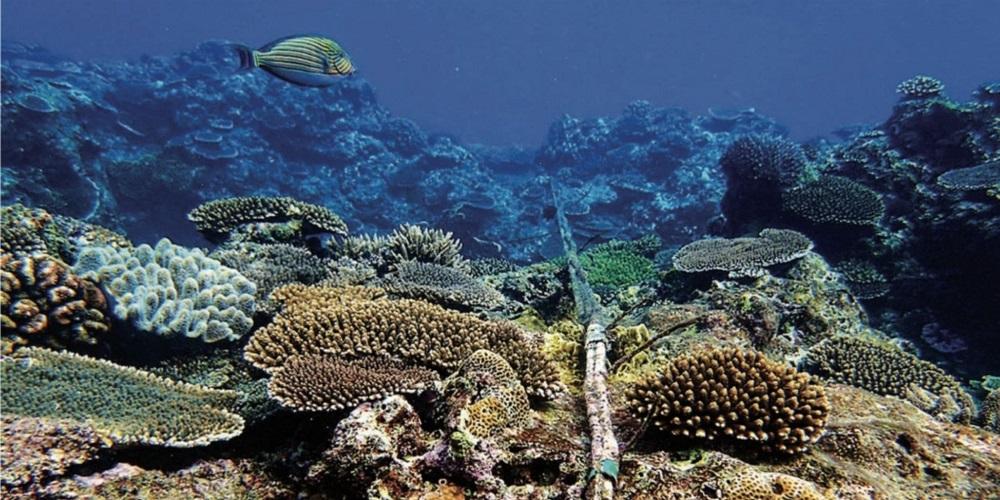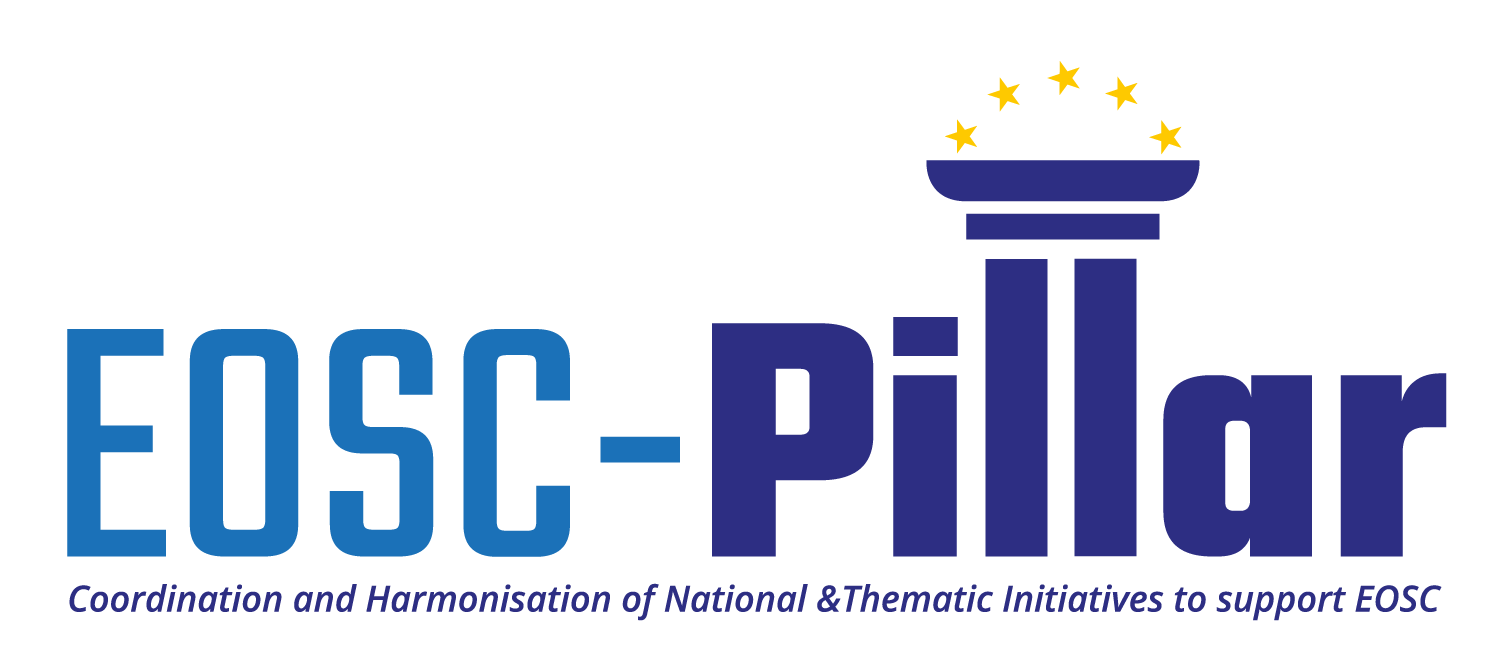
Suitable data formats for seismological big data provisioning via web services
Introduction
Seismological web services have been designed some years ago with particular types of user and data in mind, which are not exclusively what we see today. Disruptive techniques, generating data at much a finer resolution, compared to the standard seismic stations, are a challenge for data centres and users.
Despite seismology is an advanced and well organized discipline considering FAIR principles, these new datasets would make impossible to still use the same standard data formats and standard specifications for data provisioning services.
Our main aim in this Task is to keep FAIRness in this community through evaluating new data formats suitable for this use case, testing and implementing tailor made services where possible within the currently defined standards. We develop a package tool named dastools as a set of tools to read, manipulate and convert seismic waveforms generated by DAS systems.
Fig. 1: A fiber-optic cable in the seafloor; after Jousset, P., 2019, Science

Challenges addressed
The web service providing seismological data (Dataselect) is an international standard adopted by most of the seismological data centres. Data formats to be evaluated are also known internationally.
Some of the challenges we addressed through EOSC-Pillar are the following:
- extend the service to be suitable to providing big amounts of data, as these are expected to be received synchronously.
- provide the needed metadata to properly interpret the data when interacting with other web services
- packaging these data and metadata using container technology
Services involved
Benefits through EOSC-Pillar
Thanks to EOSC-Pillar, as well as developments in previous EOSC projects, users of dastools will benefit from integration with other common services and infrastructure offered by EOSC-Pillar. For instance, the Authentication and Authorization Infrastructure (AAI) integrated in EIDA/ORFEUS and provided by the B2ACCESS service hosted by Forschungszentrum Jülich.
Another benefit due to the collaboration with Pillar partners will be the capability to process on the data centre side using the downsampled replica of these data.
Highlights
Achievements
- MS27 Code for standard Dataselect-WS from new non-standard big datasets in seismology -achieved.
- Capability to convert to standard formats from two different proprietary formats used by the most important manufacturers of this type of equipment (TDMS from Silixa, and OptoDAS from Alcatel).
- Ready-to-use data provisioning web services. Light weight and providing data in standard formats (e.g. miniSEED) and through standard protocols (FDSN-Dataselect). Anyone can use this to expose the raw data in a full standard way.
- After one year of a joint effort with partners from two of the most important seismological data centers at international level (IRIS-USA, RESIF-France), we were able to provide a complete landscape analysis covering all aspects of the data life cycle for these novel datasets. The results were published in a high Impact Factor Journal of our community (SRL).
- We include in our analysis all aspects of the FAIR principles: not only the technical, but also the ones related to data management and even bureaucratic aspects of the international federation (FDSN) regulating the seismological experiments.
- Ready-to-use container with a full set of standardization tools from dastools.
- On-going analysis of metadata changes needed in order to keep these new experiments within the standards (in cooperation with international partners). The final aim is to propose new standards in case it is needed.
- On-going development of guidelines for a proper data acquisition and data ingestion into seismological archives. GEOFON is taken as an example, but the procedures remain as generic as possible.
Next steps
- Advance with the development of new proposal related to metadata and data formats.
- This task will be continued within the context of the next Geo-INQUIRE project.
Publications
- Quinteros, J. (2021): dastools - Tools to work with data generated by DAS systems. V. 0.5. GFZ Data Services. https://doi.org/10.5880/GFZ.2.4.2021.001
- Quinteros, J., Carter, J. A., Schaeffer, J., Trabant, C., & Pedersen, H. A. (2021). Exploring Approaches for Large Data in Seismology: User and Data Repository Perspectives. Seismological Research Letters, 92(3), 1531-1540. doi: 10.1785/0220200390
- Call for abstract submission to the Session in the European Seismological Conference (ESC) in September 2021 https://www.erasmus.gr/UsersFiles/microsite1193/Documents/SESSIONS_ABSTRACTS3.pdf



